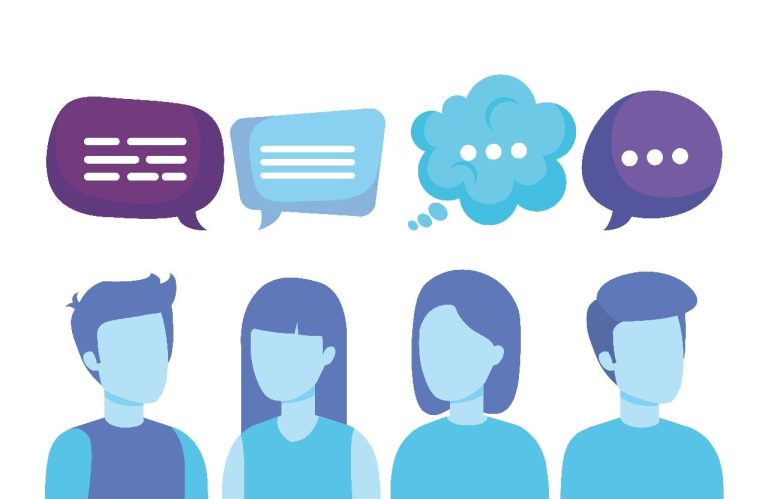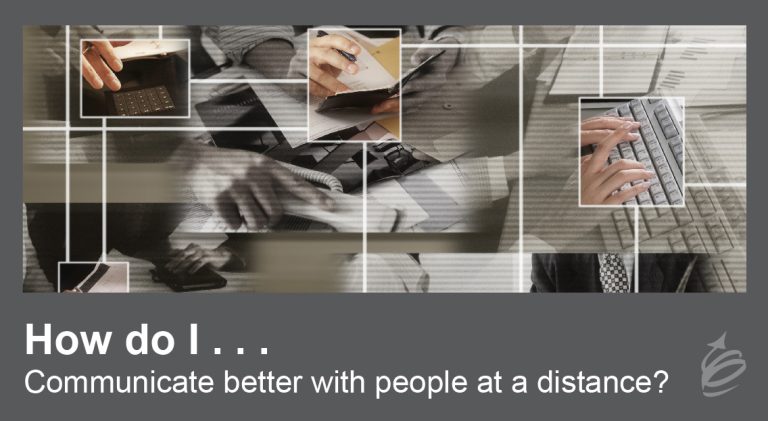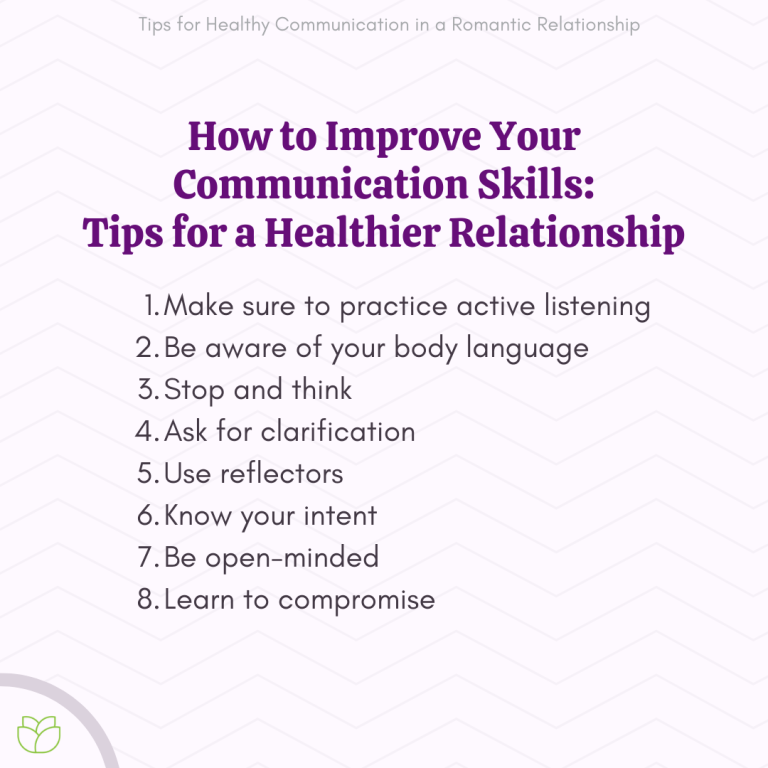Top 10 Causes Of Relationship Communication Problems: Unveiled
Communication is the heart of any relationship. Yet, many couples struggle to connect.
Relationship communication problems can arise for various reasons, often leading to misunderstandings and conflicts. These issues can be subtle or glaring, but they all affect the bond between partners. Understanding these problems is crucial. Effective communication keeps relationships healthy and strong.
By identifying common causes, couples can work towards better interaction. This insight can help improve understanding and empathy. Often, simple changes make a big difference. Whether it’s lack of time, fear of vulnerability, or differing communication styles, knowing the root cause helps. It allows partners to address issues constructively. Strengthening communication can rebuild trust and intimacy. Dive into the top 10 causes and learn how to tackle them for a happier relationship.

Credit: counselorforcouples.com
Common Misunderstandings
Misunderstandings often harm relationships. They create distance and confusion. Many couples struggle with them. These issues arise from simple errors. They can also stem from deeper problems. Understanding these misunderstandings helps improve communication. It’s crucial to know their causes. Let’s explore some common ones.
Assumptions And Expectations
Assumptions lead to many misunderstandings. People think they know their partner’s thoughts. This is rarely true. Assumptions create false realities. Expectations also cause issues. They often remain unspoken. Partners feel disappointed. They expect mind reading. Communication suffers as a result.
To improve, share your thoughts. Discuss expectations openly. Avoid guessing your partner’s feelings. This reduces the risk of misunderstandings. It strengthens the relationship bond.
Language Barriers
Language differences add to misunderstandings. Words may hold different meanings. Partners may struggle to express feelings. Non-native speakers face extra challenges. Misinterpretation becomes common. This barrier creates frustration. It often leads to arguments.
To overcome this, practice patience. Use simple words. Clarify meanings when uncertain. Encourage learning each other’s language. This fosters understanding. It builds a bridge over the language gap.
Listening Deficiencies
Listening deficiencies often lead to relationship communication problems. Many people think they are good listeners. But true listening requires more than hearing words. It involves understanding and empathy. When partners fail to listen, misunderstandings arise. This can damage trust and intimacy in relationships.
Selective Hearing
Selective hearing occurs when one hears only what they want. This can mean ignoring important details. Or focusing only on parts that interest them. It can make the other person feel unheard. And that their thoughts do not matter. This can create frustration and distance in the relationship.
Interruptions During Conversations
Interruptions disrupt the flow of conversation. They can make the speaker feel disrespected. Constant interruptions show a lack of interest. They suggest that what one has to say is not important. This can lead to feelings of resentment. And can weaken the bond between partners.
Emotional Blockades
Emotional blockades often hinder open communication in relationships. They act like invisible walls, preventing partners from expressing their true feelings. These barriers can lead to misunderstandings, frustrations, and distance. Addressing these blockades is crucial for a healthy relationship. Let’s explore two common causes of emotional blockades: fear of vulnerability and past trauma influences.
Fear Of Vulnerability
Many people struggle to open up due to fear of vulnerability. Sharing deep emotions can make them feel exposed. They worry about judgment or rejection. This fear creates a communication barrier. Partners may hide their feelings, leading to confusion. Building trust helps in overcoming this fear. Encouraging open dialogue fosters a safe environment. When partners feel safe, they share more freely. Trust grows, and communication improves.
Past Trauma Influences
Past trauma shapes how individuals communicate. Negative experiences create defensive behaviors. They might avoid certain topics or shut down emotionally. Trauma can make them misinterpret words or actions. It’s essential to recognize these influences. Understanding the impact of trauma aids in healing. Supportive communication helps process past pain. Partners need patience and empathy. This encourages healing and opens channels of communication.

Credit: www.marriage.com
Conflict Avoidance
Conflict avoidance often leads to communication problems in relationships. People try to dodge disagreements to keep the peace. This approach can cause deeper issues over time. Avoiding conflict might seem like a good idea. But it often leads to misunderstandings and resentment.
Silent Treatment
The silent treatment is a common form of conflict avoidance. Instead of talking, one partner withdraws and stops communicating. This silence can create a wall between partners. It leads to feelings of isolation and confusion. Both partners suffer from the lack of communication. Problems remain unsolved and tensions rise.
Ignoring Issues
Ignoring issues is another form of avoiding conflict. Partners pretend problems don’t exist. This approach can cause issues to grow bigger and more complex. Ignored problems can resurface in unexpected ways. They might lead to arguments and distrust. Open discussion is crucial to address concerns. Facing issues head-on can strengthen relationships.
Digital Communication Challenges
In today’s digital age, communication often takes place through screens. This shift brings unique challenges to relationships. Digital communication can lead to misunderstandings and distractions. These issues may affect the connection between partners. Understanding these challenges can help improve communication.
Text Misinterpretations
Text messages lack tone and context. This can lead to misinterpretations. A simple message can cause confusion or offense. People may read messages with different emotions. This often results in unnecessary arguments. Clarifying messages can prevent misunderstandings. It’s important to discuss feelings openly. This helps maintain a healthy relationship.
Social Media Distractions
Social media platforms can distract partners. Constant notifications pull attention away. This leads to a sense of neglect. Partners may feel less valued or ignored. Spending too much time online can harm communication. It’s crucial to set boundaries for social media use. Prioritizing real-life interactions strengthens bonds. Allocating quality time for each other is key.

Credit: counselorforcouples.com
Frequently Asked Questions
Why Do I Struggle With Communication In My Relationship?
Communication struggles in relationships often stem from unmet emotional needs, lack of active listening, or unresolved conflicts. Stress, differing communication styles, or past experiences can also contribute. Improving communication requires patience, empathy, and practice in expressing feelings openly and honestly.
Why Do 90% Of Relationships Fail?
Most relationships fail due to poor communication, lack of trust, and unmet expectations. Financial stress and incompatible life goals also contribute. Personal growth differences and unresolved conflicts further strain relationships, leading to breakdowns. Addressing these issues early can improve relationship success.
What Are The 3 Things That Can Cause Communication Problems?
Communication problems often arise from language barriers, unclear messages, and emotional interference. Misunderstandings occur when people speak different languages or use jargon. Confusing messages lead to misinterpretation. Emotional interference, like stress or anger, hinders effective communication. Addressing these issues can improve understanding and interaction.
Conclusion
Strong communication is key for healthy relationships. Problems arise from misunderstandings. Honest conversations help bridge gaps. Listening actively makes partners feel valued. Avoid assumptions; they breed conflict. Clear expression reduces confusion and frustration. Respect each other’s feelings and viewpoints. Practicing patience leads to better discussions.
Regular check-ins strengthen bonds. Address issues early to prevent escalation. Remember, communication is a two-way street. Both parties must engage openly. With effort and understanding, relationships can thrive. Prioritize communication to nurture lasting connections.





